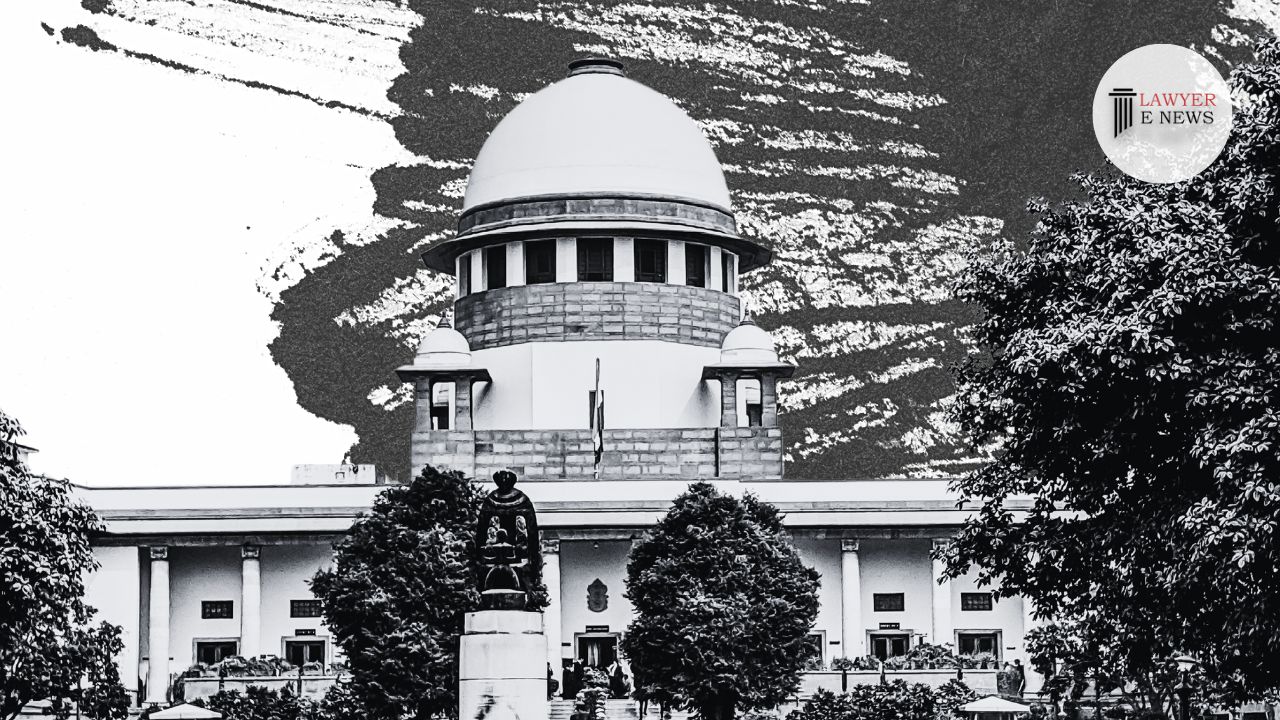-
by Admin
16 February 2026 1:47 PM



In a landmark judgment that promises to reshape the landscape of environmental governance in India, the Supreme Court of India, in the case of T.N. Godavarman Thirumulpad versus Union of India and Others (Writ Petition (Civil) No. 202/1995), has institutionalized the Central Empowered Committee (CEC) as a permanent statutory body. The Bench, comprising Justices B.R. Gavai, Pamidighantam Sri Narasimha, and Prashant Kumar Mishra, underscored the necessity of “effective, accountable, and transparent institutions” in upholding environmental rule of law.
The Court, in its judgment, meticulously traced the evolution of the CEC from its inception as an ad hoc body in 2002 to its latest avatar following a notification by the Ministry of Environment, Forest and Climate Change. This notification, issued under Section 3(3) of the Environment (Protection) Act, 1986, was approved by the Supreme Court, thus giving the CEC a permanent and statutory status.
The Bench observed, “Institutionalization means that these bodies must work in compliance with institutional norms of efficiency, integrity, and certainty.” The Court’s decision marks a significant step in ensuring rigorous monitoring and compliance with its orders on environmental, forest, and wildlife matters.
Furthering its commitment to environmental protection, the Court also emphasized the gap between the existence of environmental laws and their actual enforcement. This gap, the Court noted, directly affects fundamental human rights to a clean environment, intricately linked to the right to life.
Detailing the functions and powers of the newly institutionalized CEC, the Court’s judgment highlights its role in monitoring the implementation of Supreme Court’s orders related to environmental issues. The CEC is empowered to handle applications from aggrieved persons, call for documents, undertake site inspections, and make recommendations to the Central and State Governments for effective implementation of environmental laws.
In a comprehensive overview, the judgment also lists various environmental regulatory bodies in India, underscoring their crucial roles in environmental governance. The Court’s directive for regular and systematic audits of these bodies’ functioning signifies a move towards more transparent and accountable environmental governance.
Date of Decision: January 31, 2024
IN RE: T.N. GODAVARMAN THIRUMULPAD VS UNION OF INDIA AND ORS.
